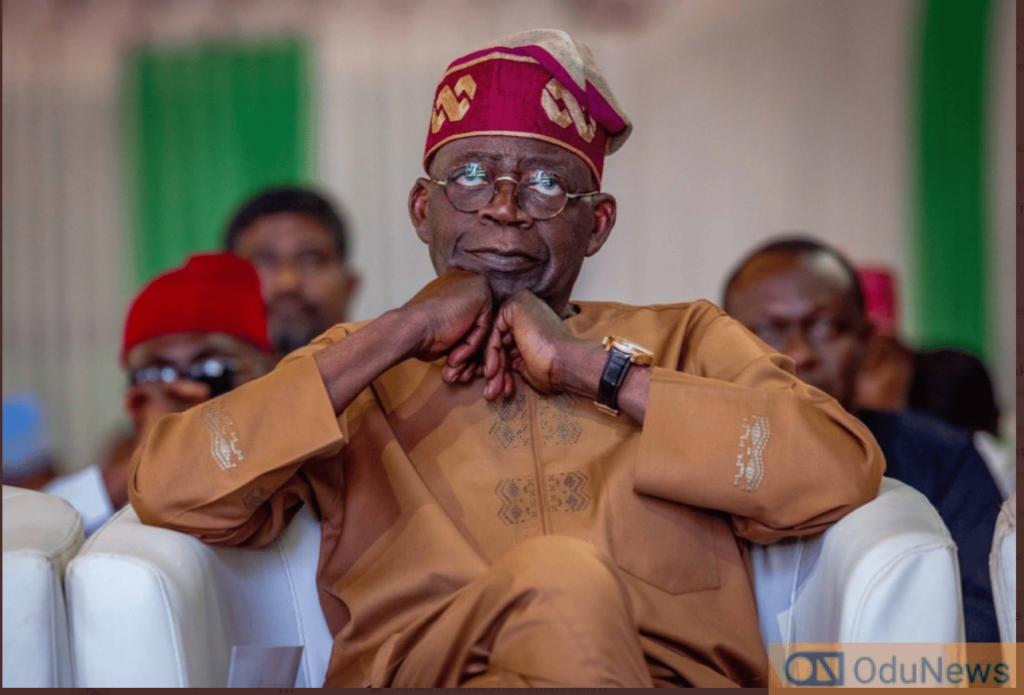
A team of 50 lawyers, led by renowned Senior Advocate of Nigeria (SAN) Wole Olanipekun, have offered their services to defend the victory of President-elect Asiwaju Bola Ahmed Tinubu at the Presidential Election Tribunal. The opposition candidates of the Peoples Democratic Party (PDP), Atiku Abubakar, and the Labour Party (LP), Mr. Peter Obi, have both expressed their dissatisfaction with the outcome of the February 25th election, in which Tinubu emerged as the winner with 8,794,726 votes, while Atiku and Obi obtained 6,984,520 and 6,101,533 votes, respectively.
The first and second runners-up have requested permission from the tribunal to examine some election materials used in the poll. In response, the Tinubu legal team has scheduled a preliminary meeting in Lagos to discuss potential issues that could be included in the PDP and LP petitions. Some PDP governors may also join the case to testify that the election was free and fair in their states.
It is worth noting that some of the senior lawyers in the team are providing their services pro bono, as they believe that the presidential election was the “freest and fairest” in the country’s history. These lawyers include former Attorney-General of the Federation and Minister of Justice Akin Olujimi, Yusuf Ali, Lateef Fagbemi, A.U. Mustapha, Ahmed Raji, Abiodun Owonikoko, Kemi Pinheiro, Niyi Akintola, and H.M. Liman. Other lawyers on the team include Taiwo Osipitan, Babatunde Ogala, Roland Otaru, James Onoja, Muiz Banire, Olusola Oke, and former Bauchi State Governor Mohammed Abubakar.
Despite media speculation, neither Atiku nor Obi have yet served Tinubu or the APC with a copy of their petition before the Presidential Election Petitions Tribunal, as required by Section 130 (1, 2 and 3) of the Electoral Act 2022. This section specifies that election results can only be challenged through a petition complaining of an undue election or undue return presented to the competent tribunal or court in accordance with the provisions of the constitution or the Act and in which the person elected or returned is joined as a party.
The tribunal, in this case, is the Court of Appeal, as stipulated by the Electoral Act 2022.


Comments are closed.